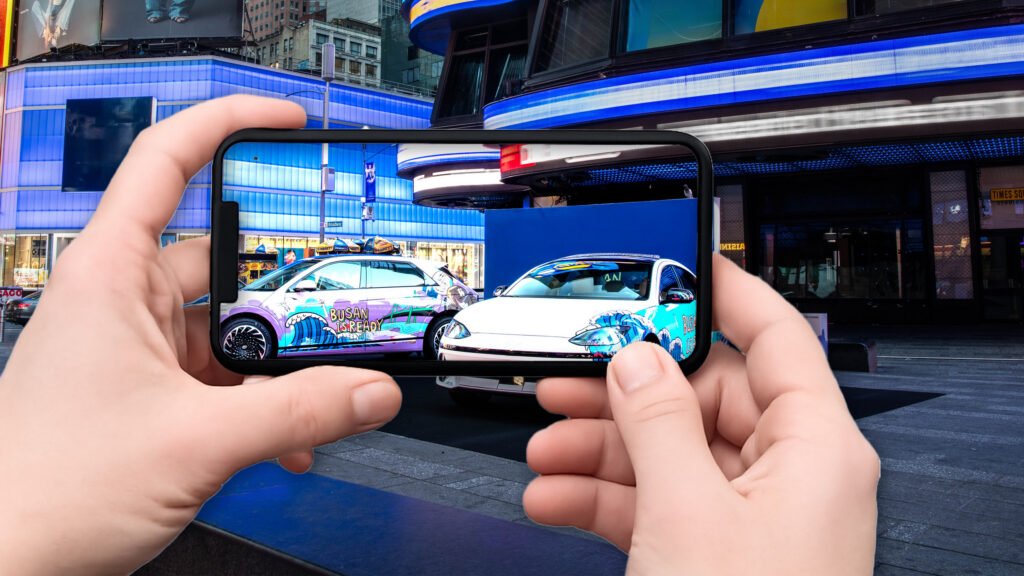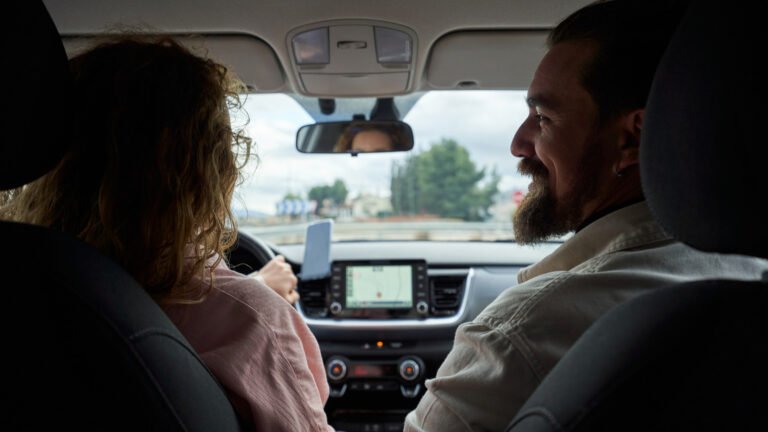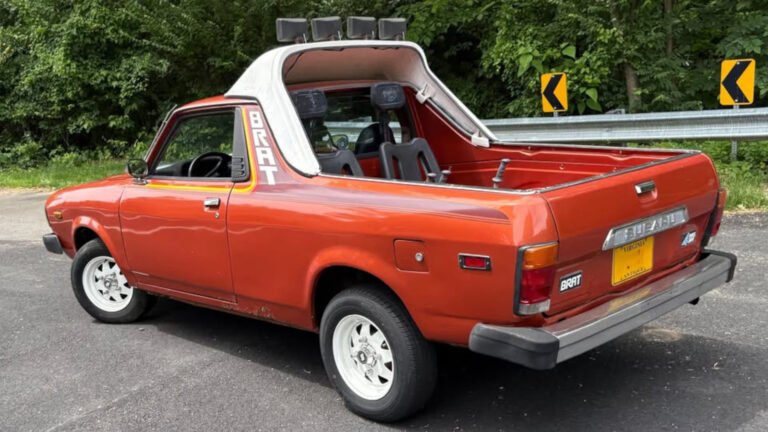

- New York City has outlawed non-city buses and trucks from idling on the street.
- Citizens can report violations, and one person claims to have made six figures.
- Some individuals have faced aggression from drivers who break the idling rule.
New York City has a rather unique approach to cutting down on vehicle emissions: it relies on its residents to do the monitoring. With around 700,000 vehicles crowding its streets every day, how does a city of this size keep tabs on it all? By giving citizens the power to report idling violations and pocket a portion of the fine. In fact, one man says he’s making six figures from the program, and you’d better believe that’s piquing some interest.
The Details Behind the Idling Law
Here’s how it works. Any citizen who notices a vehicle idling for more than three minutes can send in evidence and get a cut of the fine. The average fine is anywhere from $350 to $600, and those who submit evidence get a quarter of whatever the fine ends up being. According to one man who goes by ‘Streeter,’ it’s lucrative enough that he’s made over 100,000 in a year.
“Shortly after 6, I’m out on my bike, looking for idling trucks,” Streeter told CBS News. “I’m essentially biking 6, 7, 8, 9 hours a day.”
More: Waymo’s NYC Debut Comes With Training Wheels
Importantly, we’re not talking about a vehicle that sits and idles for a minute or two before moving on. The law and fines are only applicable to non-city buses and trucks. On top of that, the fines only go out after someone documents the vehicle in question idling for at least three minutes. If a bus is loading or unloading passengers, it’s off the hook for a fine, too. If it sits and idles after either of those processes, though, the driver can get a ticket.
Interestingly, this isn’t a new idea; Streeter just went pro at it. For at least six years, New Yorkers have reported making serious cash through this arrangement. Back then, Vice News produced a video literally entitled “How To Get Rich Reporting On Idling Vehicles In NYC.”
Most of the individuals engaged at the time had personal stories about how poor air quality affected them. One highlighted how wars are fought over oil and idling wastes that commodity.
The Dark Side: It’s Not All Easy Money
It’s not all sunshine, rainbows, and fat checks in this story, though. Some “clean-air vigilantes,” as they’re sometimes called, have faced threats. “I’ve been chased, I’ve been swung at, pushed… ” said one man engaged in the practice.
Truckers, meanwhile, aren’t exactly thrilled with the system. Zach Miller, a lobbyist for the Trucking Association of New York, explained that many drivers feel targeted. “They see it as a bounty hunter system,” he told CBS News.
Is this government overreach? Or is it a clever use of modern technology? No doubt, it’s certainly engaged the community. Let us know your thoughts in the comments below.


